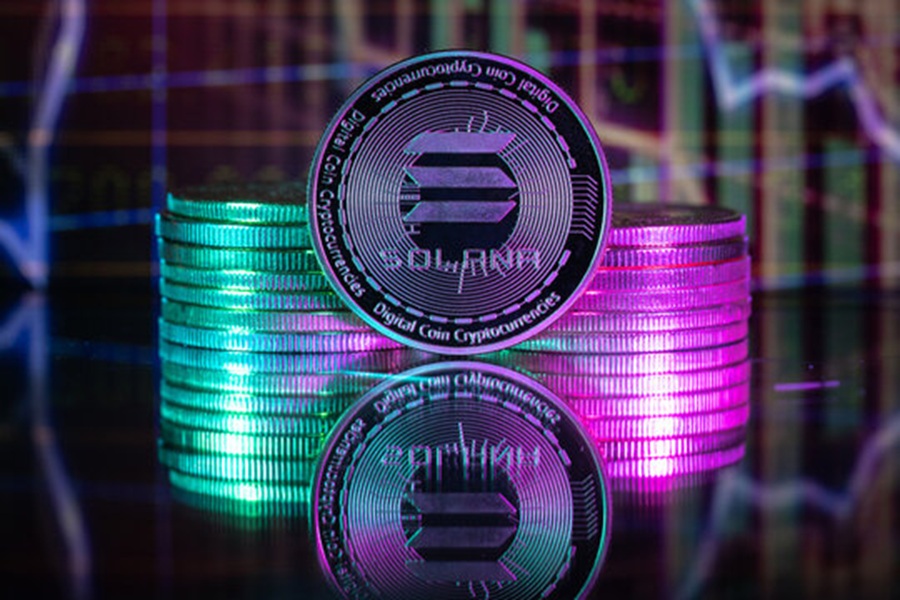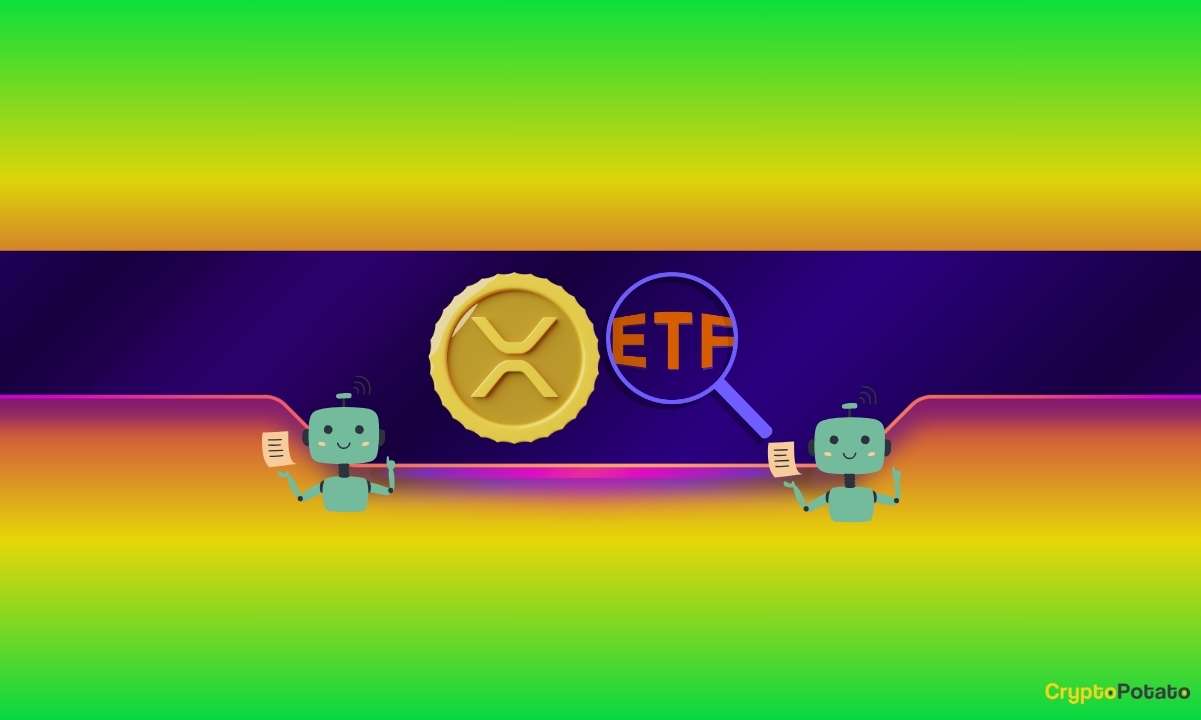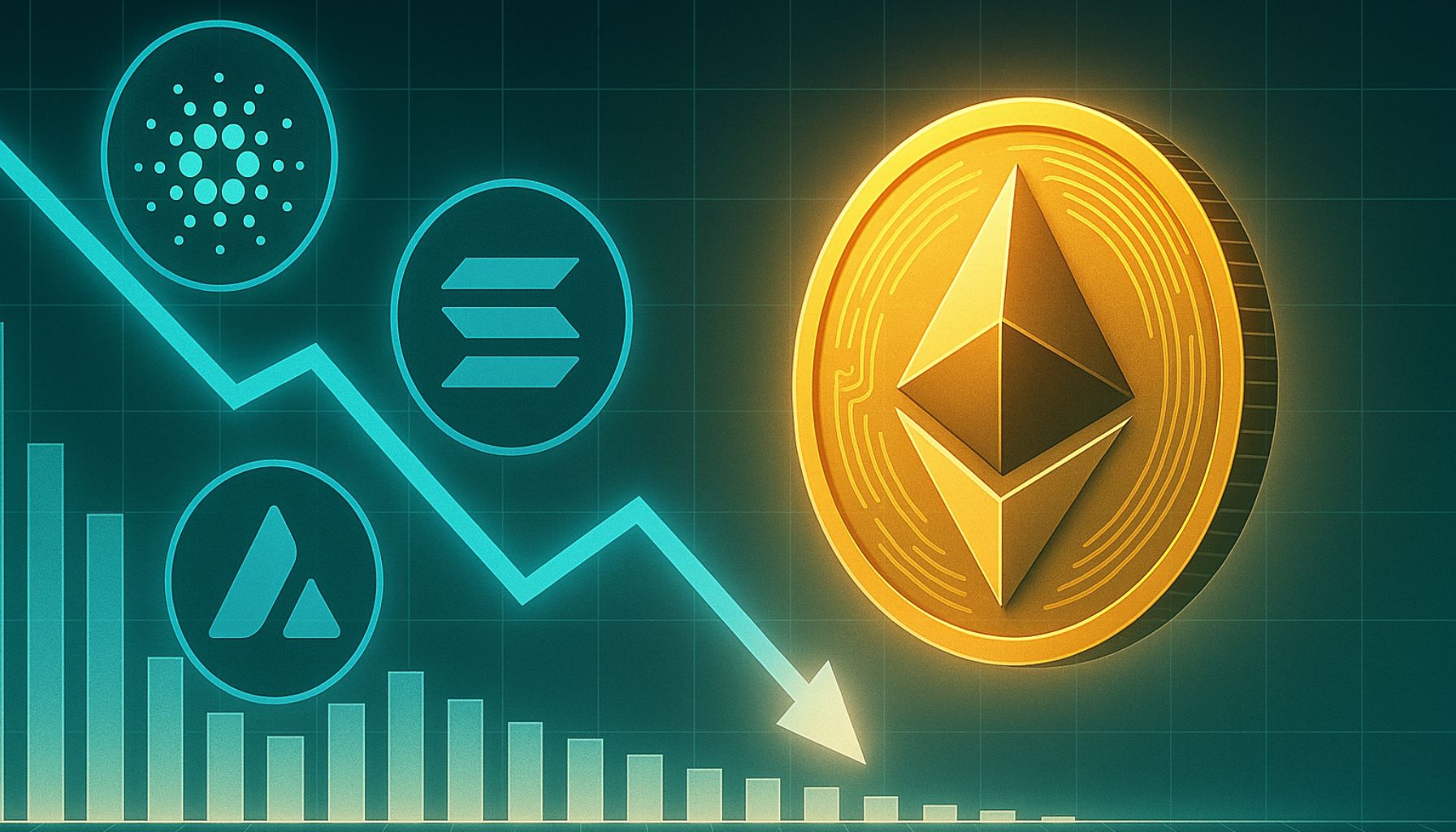Laos and Vietnam are deepening their bilateral ties with the launch of a mobile application for digital payments to improve processes for tourists and small and medium enterprises (SMEs).
Dubbed the LamoPay e-wallet, the digital payment platform was launched at a seminar in Vietnam, with representatives from both countries in attendance. The new e-wallet will reportedly provide a seamless channel for cross-border transactions between both countries.
Vietnamese Ambassador to Laos Nguyen Minh Tam said that the new e-wallet will support seamless payments by tourists in both nations. SMEs can also utilize the service to avoid high fees linked to traditional payment systems in the regions.
“Cross-border e-commerce is the fastest and most effective way for businesses in both countries, especially small and medium-sized enterprises, to sell their products directly to consumers in neighbouring markets, bypassing geographical and cost barriers,” said Tam.
The seminar also saw the introduction of LaoApp, an instant messaging platform tailored for the region. Its keynote speakers explored the possibilities of merging Laos’ LaoApp-Unitel and Vietnam’s Vivina Technologies to streamline e-commerce operations in the region.
Vietnamese-Lao firm AZ (VLCO) has launched an ambitious plan to facilitate cross-border transactions for SMEs in the region. The seminar closed on a high note with attendees pledging to collaborate on emerging technologies for e-commerce and logistics verticals for both nations.
Advancing digitalization
Vietnam and Laos have unveiled plans to embrace the digitalization of all sectors of their economies. At the event, Laos established two e-commerce websites with artificial intelligence (AI) functionalities to serve consumers in both countries.
The Southeast Asian nation has made considerable progress with its central bank digital currency (CBDC) to improve financial inclusion and offer an alternative to consumers. Furthermore, the country has a thriving block reward mining sector with authorities raking in a small fortune in taxes.
On the other hand, Vietnam is establishing an international financial center in Da Nang in the hopes of challenging Hong Kong’s regional dominance. Amid the national push for digitization, Vietnam has legalized digital assets while blockchain finds new utility outside of payments.
Digital payments gather steam in Malaysia
Elsewhere, Malaysian consumers are rapidly adopting digital asset payments, outpacing adoption rates in North America and Europe by a significant margin.
According to a Mastercard (NASDAQ: MA) survey, virtually all respondents have indicated a preference for emerging payment methods, pledging to embrace the novel systems in the coming years. A total of 99% of Malaysians are poised to adopt digital wallets, QR codes, and Tap to Pay functionalities, according to recent data.
A seismic shift in consumer behavior will affect the leading position of cash payments, with 70% of Malaysians relying heavily on them for payments over the last year. While cash leads the charge, QR codes for payments came in hot at 64% in 2024, signaling early signs of a flippening.
In comparison, digital payment adoption rates in North America and Europe have slowed to 25% and 24% respectively. Meanwhile, the average adoption metric in Southeast Asia stands at 53%, a far cry from Malaysia’s over 60%.
Mastercard analysts expect digital payments to surpass cash-based transactions in the Southeast Asian country by the end of 2026. The report notes that the rise of super applications laced with AI functionalities is spearheading a change in consumer behavior.
“These findings reaffirm that the digital evolution in payments has firmly taken center stage in Malaysia,” said Beena Pothen, Mastercard Country Manager for Malaysia. “With digital-first and mobile-first lifestyle shaping consumer behavior, innovation and security in payments will be key to sustaining this momentum.”
Malaysian consumers are open to using AI for personalization, fraud detection, and automated payment functionalities. In terms of demographic distribution, Gen Zs are leading Malaysia’s push to embrace digital payments via the use of social apps over merchant websites.
Despite the glowing adoption metrics, 84% of Malaysia’s consumers are expressing concerns over the risk of data breaches from the over-reliance on digital payments. Furthermore, 72% express a preference for the security standard of biometric payments over other digital offerings.
Smoothing the curve for digital payments
Malaysia’s surging adoption metrics in digital payments are the combination of several factors. While changing consumer behavior is the biggest needle mover, a string of government initiatives is playing a significant role in adoption.
Authorities in the Southeast Asian country have launched a Digital Asset Innovation Hub, a sandbox to incubate Web3 solutions before mainstream rollout. Meanwhile, regulators are now exploring tokenization for on-chain settlement as the country indicates an interest in easing digital asset listing.
Watch: New age of payment solutions

















 English (US) ·
English (US) ·